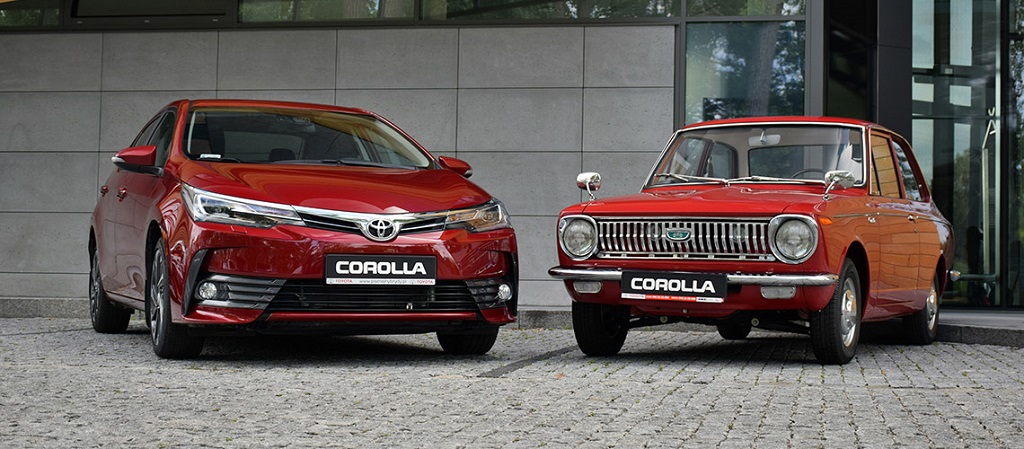
Your Vehicle Buying Companion: Expert Advice for Every Step
Are you in the market for a new car? The process of purchasing a vehicle can be exciting yet overwhelming. With so many options, financing choices, and dealerships to consider, it’s easy to get lost in the maze of car buying. But fear not! In this comprehensive guide, we’ll be your vehicle buying companion, offering expert advice for every step of the journey. Whether you’re a first-time buyer or a seasoned car owner, this article will equip you with the knowledge and insights you need to make an informed decision.
Understanding Your Needs and Budget
Determining Your Vehicle Requirements
Before you start browsing car listings, take some time to reflect on your specific needs. Consider factors like the size of your family, your daily commute, and your lifestyle. Do you need a compact car for city driving, or a spacious SUV for a growing family? Understanding your requirements will help narrow down your options.
Setting a Budget That Works for You
Once you’ve identified your needs, it’s essential to establish a realistic budget. Calculate not just the purchase price, but also ongoing expenses like insurance, fuel, and maintenance. Stick to a budget that won’t strain your finances in the long run.
Considering Long-term Expenses
Don’t forget to factor in long-term costs. A fuel-efficient car may have a higher initial cost but could save you money on gas over the years. Additionally, some vehicles have lower depreciation rates, which can be advantageous when you decide to sell or trade them in.
Researching Your Options
Exploring New vs. Used Cars
One of the fundamental decisions you’ll make is whether to buy a new or used vehicle. New cars offer the latest features and warranties, while used cars tend to be more budget-friendly. Consider the pros and cons of each option before making a choice.
Evaluating Different Car Models
Research various car models to find the one that best suits your needs. Compare factors like safety features, fuel efficiency, and reliability. Reading reviews from both experts and fellow consumers can provide valuable insights.
Reading Reviews and Seeking Recommendations
Take advantage of online resources and reviews to gather information about the cars you’re interested in. Additionally, ask friends and family for recommendations. Personal experiences can offer unique perspectives on the vehicles you’re considering.
Financing Your Purchase
Securing a Car Loan with Favorable Terms
Unless you’re buying the car outright, you’ll likely need a car loan. Shop around for the best loan rates and terms. A lower interest rate can save you thousands of dollars over the life of the loan.
Understanding Interest Rates and APR
Interest rates can significantly impact your monthly payments. Understand the difference between the interest rate and the APR (annual percentage rate). The APR includes additional fees and gives you a more accurate picture of the total cost of borrowing.
Budgeting for Monthly Payments
Create a monthly budget that includes your car payment, insurance, and other related expenses. Be realistic about what you can afford, and remember that a higher down payment can lower your monthly burden.
Navigating the Dealership Experience
Choosing a Reputable Dealership
Selecting the right dealership is crucial. Research the reputation of local dealers, read customer reviews, and consider their customer service and after-sales support.
Negotiating the Best Deal
When negotiating the price of your vehicle, don’t be afraid to haggle. Dealerships often have some flexibility in pricing. Be prepared to walk away if you’re not getting a deal that suits your budget.
Exploring Trade-in Options
If you’re trading in your old vehicle, understand its current market value. This knowledge can empower you to negotiate a fair trade-in value.
Protecting Your Investment
Considering Extended Warranties
Extended warranties provide additional coverage beyond the manufacturer’s warranty. Evaluate whether an extended warranty makes sense for your situation, considering the vehicle’s reliability and your driving habits.
Understanding Warranty Coverage
Before purchasing an extended warranty, fully understand what it covers and any exclusions. This knowledge ensures you get the protection you need.
Tips for a Smooth Purchase
To wrap up your car buying journey, here are some tips for a smooth purchase: thoroughly inspect the vehicle, review all paperwork, and ensure you understand the terms of your loan and warranty.
Conclusion
In the world of vehicle buying, knowledge is your most potent tool. By following the steps outlined in this guide, you’ll be well-prepared to make an informed decision. Remember that your car is more than just a means of transportation; it’s an investment in your lifestyle and daily convenience.
Now, go out there and find the perfect vehicle that meets your needs and fits your budget!
FAQs
- What’s the importance of a good credit score when buying a car?
A good credit score can help you secure a lower interest rate on your car loan, potentially saving you money over time. It also reflects your creditworthiness to lenders.
- Can I negotiate the price of a brand-new car?
Yes, you can often negotiate the price of a new car. Dealerships may have room for negotiation, especially if you’ve done your research and are prepared to walk away.
- What should I look for when test driving a used car?
When test driving a used car, pay attention to how it handles, listen for unusual noises, and check for signs of wear and tear. A professional inspection is also advisable.
- Are there any hidden fees at the dealership?
Dealerships may have additional fees, such as documentation fees or dealer preparation fees. Always ask for a breakdown of costs before finalizing your purchase.
- How do I know if an extended warranty is worth it?
The value of an extended warranty depends on your specific circumstances and the vehicle’s reliability. Consider factors like the length of coverage and your own peace of mind when making this decision.







